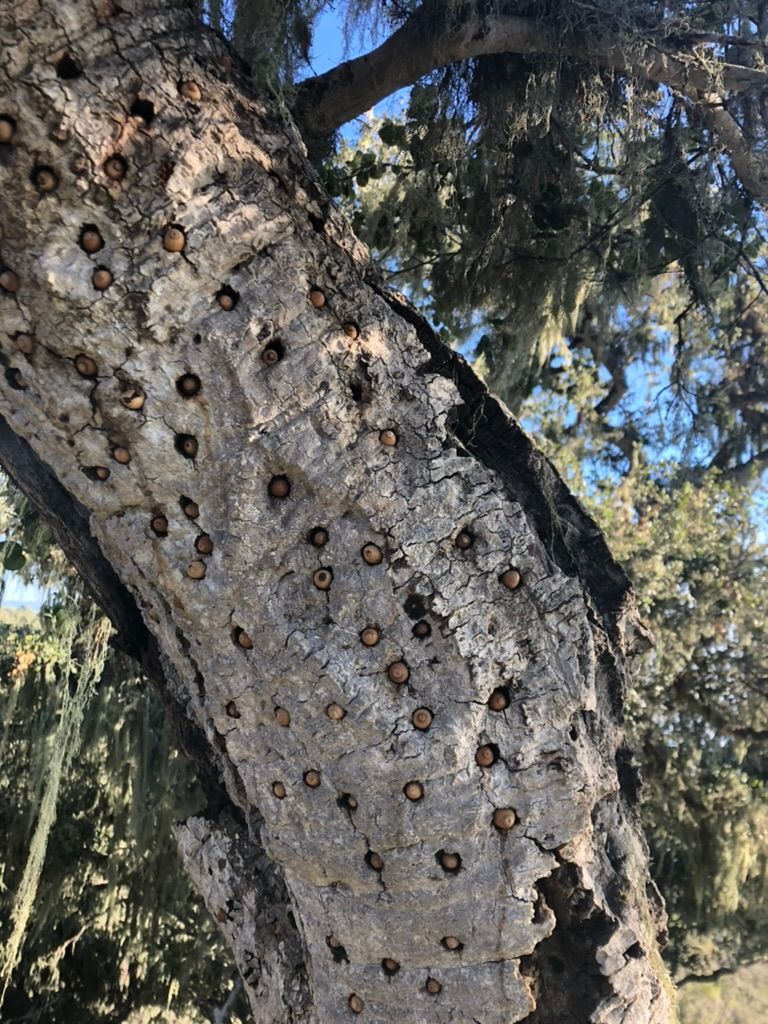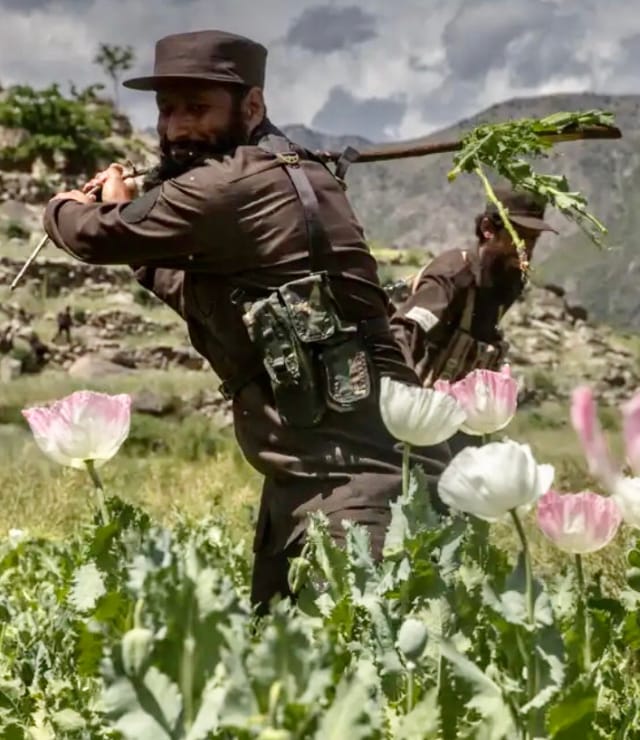Tall Poppy Syndrome: A Radio Interview with Brian Reynolds

All animals are equal, but some animals are more equal than others. Animal Farm
This KCBX FM Central Coast Public Radio interview aired on May 6, 2024. It is my third dialogue with Brian Reynolds regarding the Tall Poppy Syndrome (TPS). Brian is an excellent host and we deftly cover the salient features concerning TPS in 20 minutes.
Brian is a retired public library director. His interest in politics and social change began in his student days at UC Berkeley in the turbulent late 1960s and early 1970s. He has lived abroad under two dictatorships: Francisco Franco, in Spain, and Anastasio Somoza, in Nicaragua.
Long a radio fan, he has experience producing radio dramas and interviewing authors and other guests on KCBX, a public radio station for the Central Coast (of California). He is co-founder of KYXZ, a community radio station in Grover Beach, California, owned by United Way of San Luis Obispo County.
I enjoy interviews and podcasts since preparation and clarity for presentation cement some concepts. The host often introduces new ideas and points of view. The blog Anti-Semitism (& Government) as Cutter(s) in the Tall Poppy Syndrome -The Albert Dreyfus Affair had varying points of view (POV) from readers which spawned 3 more blogs.
In this episode, Brian introduced me to a new term - political blemish. We briefly discussed the subject. I like the designation and its relationship to TPS so much that I will devote a future blog to it.
Dictatorships were not in our interview but were part of his life which I did not know. Dictators and autocrats are consummate cutters in TPS, literally and figuratively (The Tall Poppy Syndrome - The Joy of Cutting Others Down). They predictably cut down the opposition but ultimately may be cut down through justification by the populace. The following are summaries of the two dictators Brian lived under.
Francisco Franco was a Spanish military leader who ruled Spain as a dictator from 1939 until he died in 1975. In 1936, Franco and other military officers launched a coup against the Republican government, sparking the Spanish Civil War. Franco emerged as the leader of the Nationalist faction.
Franco's regime was characterized by strong central control, suppression of political dissent, and strict censorship. Political opponents were imprisoned, executed, or exiled. Franco died on November 20, 1975, after a prolonged illness. His death marked the end of his dictatorship and the beginning of Spain’s transition to democracy. His dictatorship is criticized for its brutal repression and human rights abuses.
Anastasio Somoza García was a Nicaraguan political and military leader who served as the President of Nicaragua from 1937 until his assassination in 1956. He established one of the most enduring family dynasties in Latin American history.
García was born in San Marcos, Nicaragua on February 1, 1896, into a wealthy coffee-growing family. He was educated in the United States, attending schools in Philadelphia, and became fluent in English. He returned to Nicaragua and initially worked in various business ventures.
Somoza entered politics through his marriage to Salvadora Debayle, a member of one of Nicaragua's most influential families. He was appointed as the head of the National Guard by President Juan Bautista Sacasa in 1933. As the commander of the National Guard, Somoza wielded significant power, using military force to consolidate his influence and eliminate opposition.
Anastasio Somoza García was a Nicaraguan political and military leader who served as the President of Nicaragua from 1937 until his assassination in 1956. He established one of the most enduring family dynasties in Latin American history.
In 1936 Somoza orchestrated a coup against President Sacasa and assumed the presidency in 1937 after a rigged election. He established a dictatorship that centralized power around himself and his family. Somoza ruled with an iron fist, suppressing political opposition through the National Guard, controlling the media, and manipulating elections to maintain power.
He and his family amassed great wealth by controlling key sectors of the Nicaraguan economy, including banking, agriculture, and industry. They exploited government resources for personal gain. Despite his repressive regime, Somoza maintained a strong alliance with the United States, which supported him due to his staunch anti-communist stance during the Cold War era. US backing helped stabilize his rule.
On September 21, 1956, Somoza was shot by a Nicaraguan poet named Rigoberto López Pérez at a party. He succumbed to his wounds on September 29, 1956.
After his death, his sons, Luis Somoza Debayle and Anastasio Somoza Debayle, succeeded him, continuing the family's authoritarian rule over Nicaragua. The Somozas' exploitation and repression eventually fueled the Sandinista revolution, which overthrew the dynasty in 1979. In the 1980s, the U.S. government supported Contra rebels in Nicaragua who were fighting against the socialist Sandinista government (see Self-Righteousness and Hypocrisy as Cutters in the Tall Poppy Syndrome).
Tall Poppy Syndrome Newsletter
Join the newsletter to receive the latest updates in your inbox.



